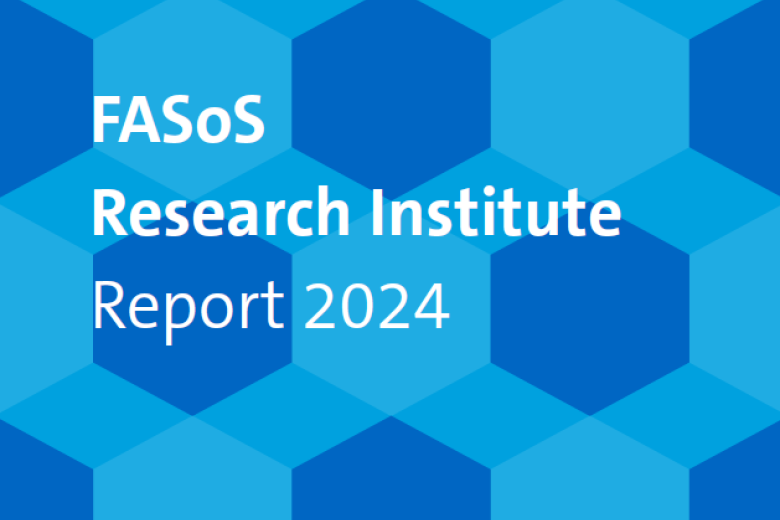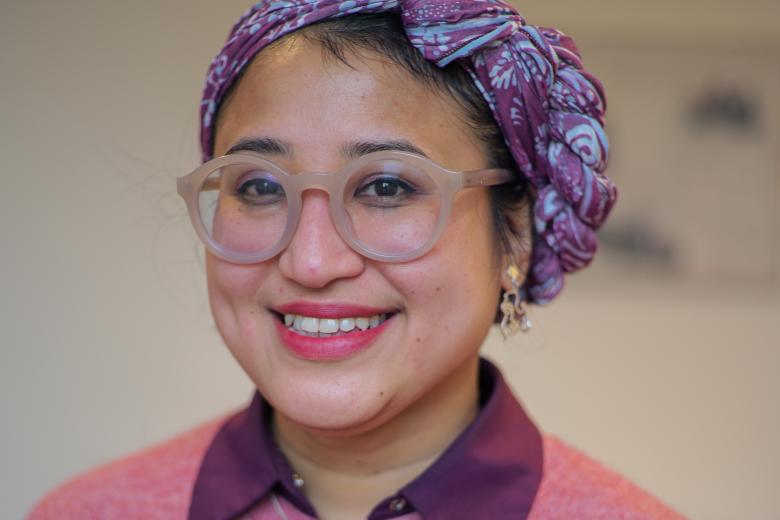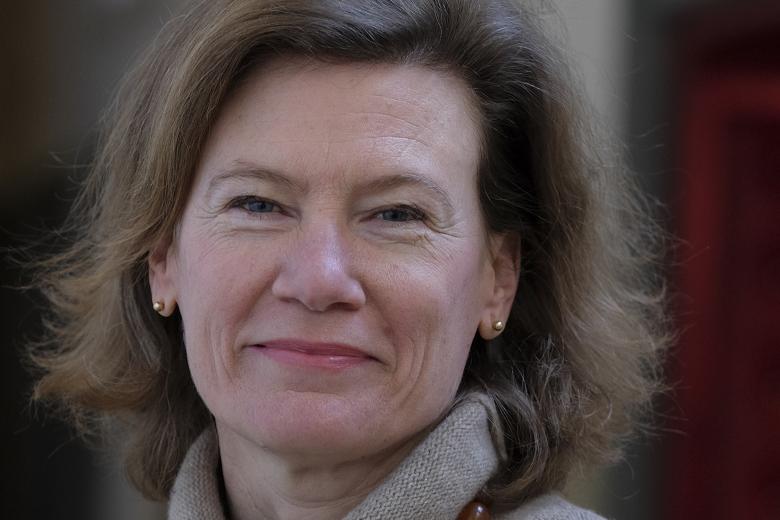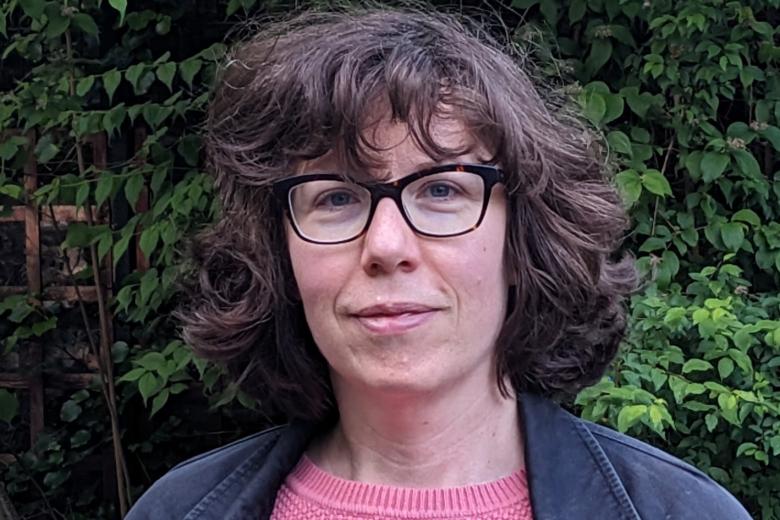Globalisation, Transnationalism and Development
Contact: Dr. Brigitte Le Normand (Director) and Dr. Mahardhika Sjamsoeoed Sadjad (Academic Secretary)
The Globalisation, Transnationalism and Development (GTD) research programme brings together research conducted within the Faculty of Arts and Social Sciences that focuses on the Global South using a transnational perspective. The Global South refers to developing countries as well as recently emerging economic powers such as China and India. While its geographic grounding is the Global South, GTD’s research approach centres on exploring North – South and South – South linkages and flows of people, goods, capital and ideas. Researchers use a transnational perspective to investigate such linkages, giving GTD its distinctive profile. A commonality is that research is strongly grounded in empirical, primary data collection work using mixed methods ranging from anthropological qualitative fieldwork to sociological quantitative surveys.
View recent GTD publications
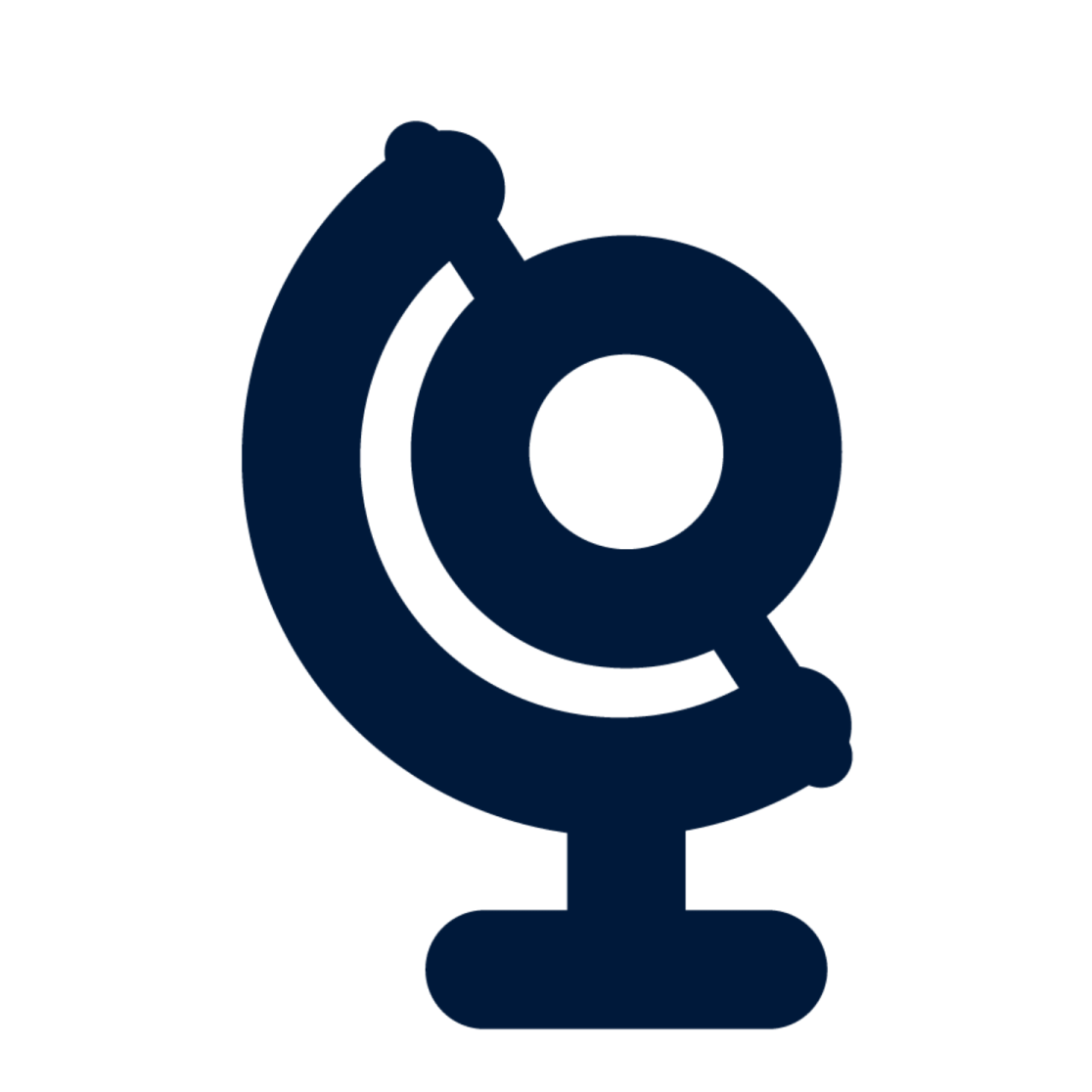
Key research themes
- Transnational Migration and Mobility
- Politics of the Transnational Production of Knowledges and Cultures
- Environmental Justice and Sustainability
- Activism & Power in a Globalized World
- Gaps and Tensions in Development: Local Agency within Global Structures
Academic staff
See who is involved in GTD.
Research projects
Learn more about the research that we do.
Events
Attend our events.
